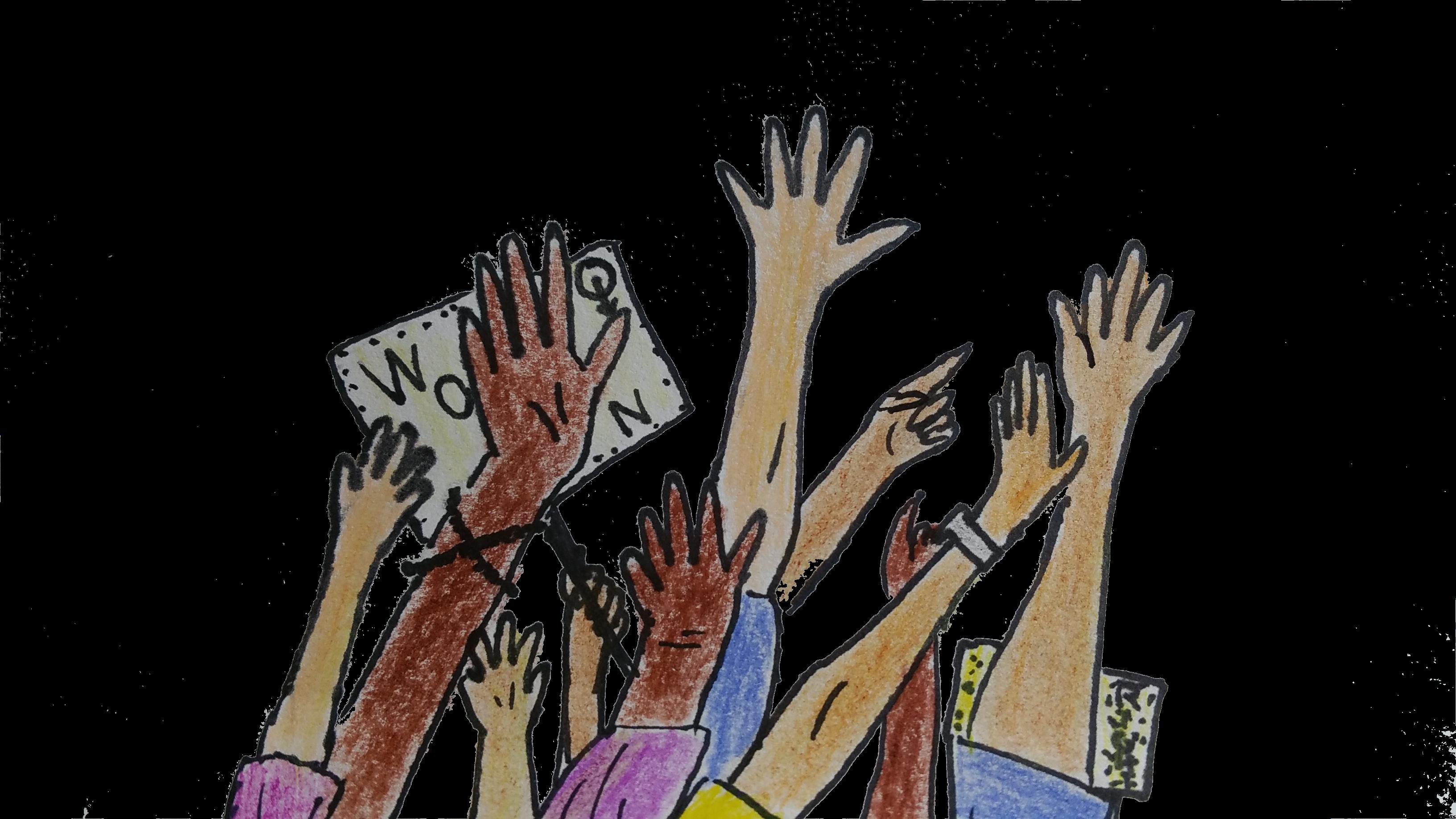
2 minute read
Mental Health and Music Therapy
CHIYO BROWN
The mental health of young people has been an important topic of discussion in recent years. In 2020, almost 1 in 5 Australians reported having a mental health condition. In the last 12 months, 78% of 4-17 yearolds with mental disorders reported that they needed some form of help, and 25% of these children didn’t have their needs met.
Advertisement
A mental illness is a health problem that significantly affects how a person feels, thinks, behaves, and interacts with other people. They can be treated through various different therapies, medications, and support programs. Some of the most well known types of therapy include ‘Cognitive Behavioural Therapy’, ‘Interpersonal Psychotherapy’ and ‘Dialectical Behaviour Therapy’. Therapy methods such as ‘Music Therapy’, ‘Animal-Assisted Therapy’ and ‘Art Therapy’ are also becoming increasingly popular as more research is conducted into those therapy forms.
The social stigma around mental illness makes it harder for people, especially adolescents, to actively seek help. For people with mental health issues, the social stigma and discrimination they experience can make their problems worse, making it harder for them to seek and receive help.

Listening to, and producing music activates a wide range of brain structures involved in cognitive, sensorimotor, and emotional processing. As stated in a paper by S. Koelsch in 2009, “It is likely that the engagement of these processes by music can have beneficial effects on the psychological and physiological health of individuals, although the mechanisms underlying such effects are currently not well understood.” Another paper published in 2019 determined that the use of Musical Attention Control Training (MACT) on psychiatric patients was very beneficial to improve their attention skills.
Since the development of neuroimaging technology in the 1980s, neuroscientists have been able to provide evidence of musically induced neuroplasticity (the ability of networks in the brain to change through growth and reorganisation). Repeating the actions of practicing and performing music activates many neuronal systems, and gives neuroscientists the perfect area to study neuroplasticity.

As seen within this article, mental health is greatly impacted by the emerging practices of music therapy- combining neuroscience with creativity in order to provide a solution to the all too real ‘crisis’ of mental health which is ever prominent in our society today.













